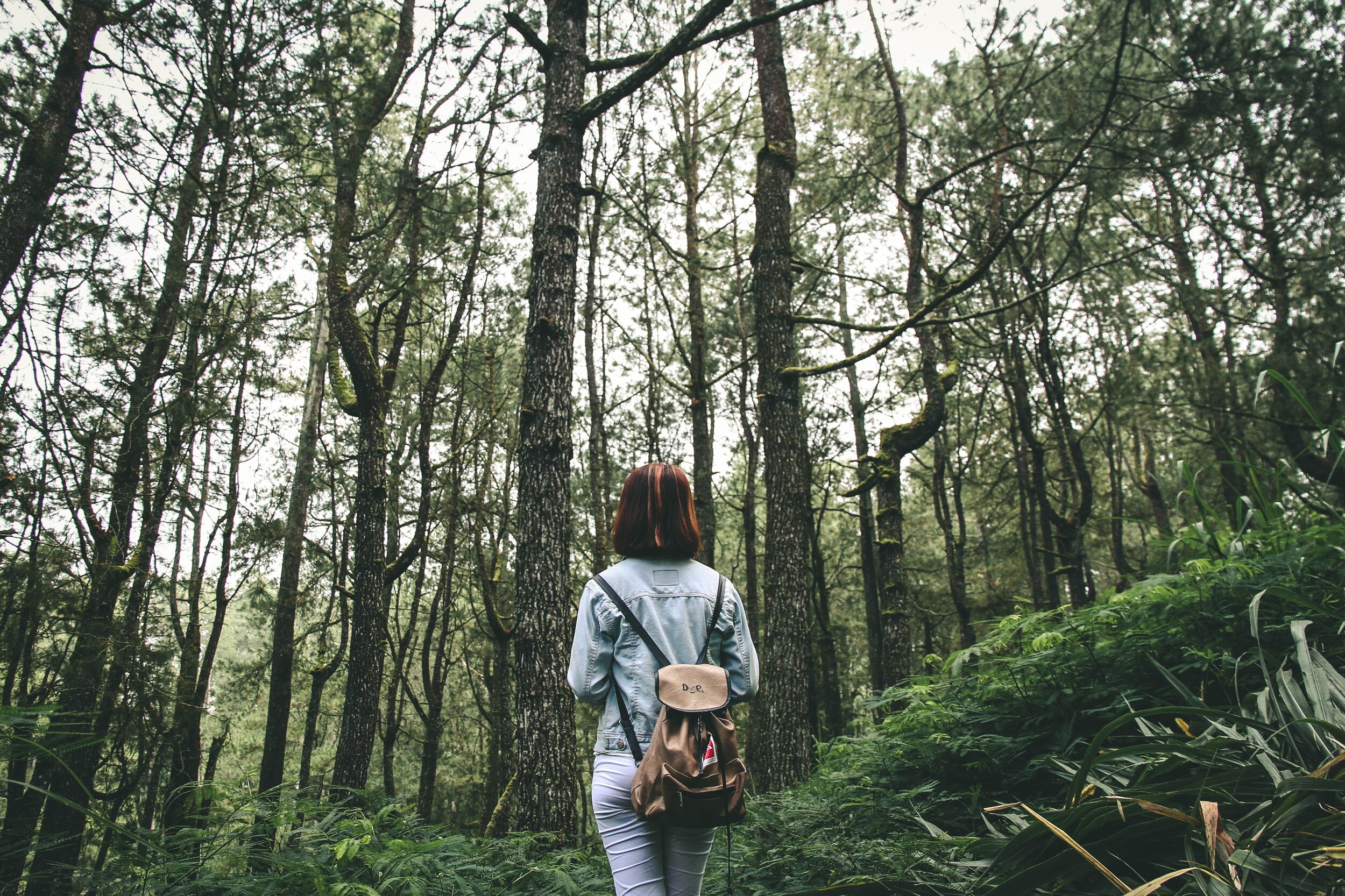Exploring Wilderness Therapy for Survivors
I spent my first night camping in the backcountry last June. It would be the first of many that my roommate and I would share in a tent for six hundred miles. And while I often felt apprehension while sleeping outdoors, I also experienced the most peaceful nights of rest I had ever had in my life. I go to the woods and mountains for multiple reasons, but one of the primary reasons is that there is a palpable value to immersing yourself in nature, a value acknowledged by everyone and lauded by some (think John Muir or Theodore Roosevelt). Nature induces in me a feeling of authenticity, vulnerability and groundedness, allowing me to be present outside of just my mind and step into my whole body.
This power of nature has been noticed and subsequently utilized by many organizations (like this one, this one and this one) focused on recovery, especially recovery from addiction. For human trafficking survivors, recovery can be long and painful. It is multi-faceted, complicated and difficult. This World Wildlife Day, I wanted to explore the benefits nature can have for survivors.
But as I came to experience groundedness through outdoor experiences myself, I was curious—how might this tool aid the recovery process of trafficking survivors?
Scientists are still figuring out the reasoning behind nature’s effect on the body, which makes wilderness therapy difficult to legitimize and prescribe. Because its benefits are anecdotal rather than quantifiable, talking about it may sound hokey or almost mystical. But in a study at the Great Outdoors Lab, researchers found that one week after a wilderness trip, many participants reported a decrease in PTSD symptoms and an increase in happiness and social connection. Those are telling statistics.
Scientists hypothesize that certain factors may play a part in nature’s healing capacity—the calming effect of the color green, the absence of distractions, the untouched quietness. And while wilderness therapy cannot solve adversity in a survivor’s life (intensive intervention and aftercare programs must be at work here), it can act as a buffer to stress, helping normalize hormones, blood pressure and heart rate.
Because trafficking survivors can suffer from many forms of PTSD and addiction, it is important to tread carefully when understanding how wilderness therapy might aid them. The traditional or popular motivation behind an adventure trip does not fit here. Author Florence Williams explains this in an article on her outdoor experience with a group of formerly trafficked women. The reason for this is that the narrative that accompanies many adventure trips is a patriarchal one, the age-old truism that tells us adversity brings about character building. But trafficking survivors often don’t need to learn about adversity.
What they do need is a safe and comforting environment in which they feel able to probe their abilities and reacquaint themselves with their own bodies.
When done with care and caution, wilderness excursions can create space for trauma survivors to feel bodily sensations they had previously disassociated from. It can also help rebuild broken trust mechanisms in the brain.
In that same article, Williams includes quotes from the survivors served on the outdoor experience. One testifies about how powerful it was to even feel her body (the weight of a pack on her shoulders, the ache of her muscles the day after a long hike to camp), saying, “I realized that my body has never—you know, like, I never really claimed it as mine.”
Outdoor therapy is not necessarily a breakthrough in recovery methods. But more and more programs are becoming attuned to its benefits. And while recovery will never be easy for trafficking survivors, it is worth fighting for. Have you had a healing experience through Wilderness Therapy? Tell us in the comments!
About the Author
Allison McCune is a girl of many interests. Whether it’s slinging drinks as a barista, hiking 600 miles in one summer, or dissecting poetry and literature, she brings passion and insight to everything she does. She hopes to refine her writing in the next few years while using her skills to work with non-profit groups. Her goal is to eventually return to school, complete a doctoral degree, and be able to teach at the undergrad and graduate levels.


